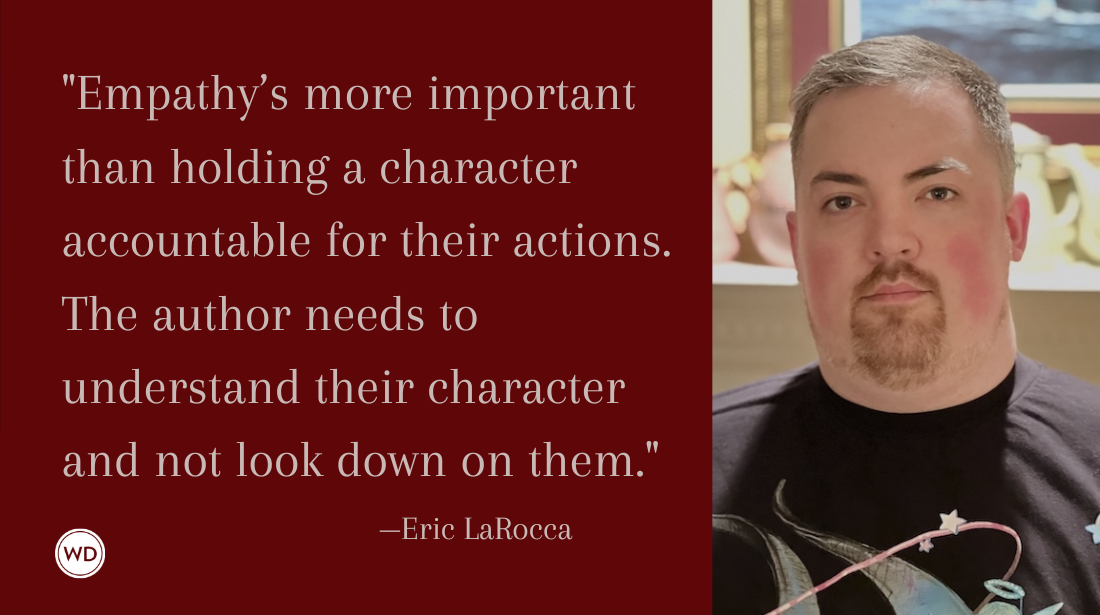Victoria Thompson: On the Characters Conning the Author
Award-winning author Victoria Thompson discusses how a character revealed a secret to her that even she didn’t see coming in her new mystery novel, City of Fortune.
Victoria Thompson is the Edgar® and Agatha award–nominated author of the Gaslight Mysteries—including Murder in the Bowery, Murder in Morningside Heights, and Murder on St. Nicholas Avenue—as well as numerous historical novels. She lives in the Chicago area with her family. Find her on Twitter and Facebook.
In this post, Victoria discusses how a character revealed a secret to her she didn’t see coming in her new mystery novel, City of Fortune, her advice for writers, and more!
Name: Victoria Thompson
Literary agent: Nancy Yost
Book title: City of Fortune
Publisher: Berkley
Release date: December 6, 2022
Genre/category: Mystery
Previous titles: Counterfeit Lady Series (City of Shadows, City of Schemes, City of Scoundrels, City of Secrets, and City of Lies); Gaslight Mystery Series (Murder on Madison Square, Murder on Wall Street, Murder on Pleasant Avenue, Murder on Trinity Place, Murder on Union Square, Murder in the Bowery, Murder in Morningside Heights, Murder on St. Nicholas Avenue, Murder on Amsterdam Avenue, Murder in Murray Hill, Murder in Chelsea, Murder on Fifth Avenue, Murder on Sisters’ Row, Murder on Lexington Avenue, Murder on Waverly Place, Murder on Bank Street, Murder in Chinatown, Murder in Little Italy, Murder on Lenox Hill, Murder on Marble Row, Murder on Mulberry Bend, Murder on Washington Square, Murder on Gramercy Park, Murder on St. Mark’s Place, and Murder on Astor Place).
Elevator pitch for the book: When a day at the races reveals sabotage and subterfuge, Elizabeth Miles must use every ounce of her craftiness to even the score.
IndieBound | Bookshop | Amazon
[WD uses affiliate links.]
What prompted you to write this book?
This series features con artist Elizabeth Miles, and many cons occur at the racetrack, so I was eager to set a book there and reveal the types of trickery that goes on. I was able to use several different cons in this book which thrilled me because the racetrack cons are so interesting. My agent and my editor also enjoy horse racing and encouraged me to use that as a backdrop to a book.
How long did it take to go from idea to publication? And did the idea change during the process?
Because I’m an established writer, I have a publishing schedule with Berkley, so I turned in my idea early last year and started writing it almost immediately. The ideas I put in my synopsis always change a bit, though, especially with this series.
In the beginning, I usually have only a vague idea of how the con will work, and as the book goes on, additional characters will clamor to be included, so I must figure out how to work them in. Then things go wrong as they often do in real cons, and I have to figure out how to get my characters out of the situation.
So yes, the idea changes, but mostly it just grows, kind of like bread rising when all the ingredients start working together. The story gets bigger until it’s big enough to cover everything.
Were there any surprises in the writing process for this book?
One thing I really love about writing is when my characters tell me something about themselves that I didn’t know. People who aren’t writers probably think it’s strange when writers say the characters have minds of their own and often do and say things that surprise us, but it’s true.
I got a big surprise in this book when one of the characters revealed a secret I hadn’t guessed—and which certainly wasn’t in the proposal I originally sent my editor! I can’t tell you what it was because that would ruin the story for you, but you’ll recognize it when you see it.
What do you hope readers will get out of your book?
I hope they will enjoy watching Elizabeth and her crew telling lies and tricking people but all for a good cause. Elizabeth is a reformed con artist and only uses her skills to help people.
I also hope readers will think twice before getting seriously involved with gambling. My con artists always say they make a lot of money at the track but not by betting on the horses.
If you could share one piece of advice with other writers, what would it be?
Writing is part talent—if you aren’t a natural born storyteller, you won’t get ideas for stories—but it is also part skill. That means the more you practice it, the better you will get.
Many people who are far more talented than I have never been published because they just didn’t sit down in the chair and write and write. My advice is to write every day and keep writing.
Robert Lee Brewer is Senior Editor of Writer's Digest, which includes managing the content on WritersDigest.com and programming virtual conferences. He's the author of 40 Plot Twist Prompts for Writers: Writing Ideas for Bending Stories in New Directions, The Complete Guide of Poetic Forms: 100+ Poetic Form Definitions and Examples for Poets, Poem-a-Day: 365 Poetry Writing Prompts for a Year of Poeming, and more. Also, he's the editor of Writer's Market, Poet's Market, and Guide to Literary Agents. Follow him on Twitter @robertleebrewer.








